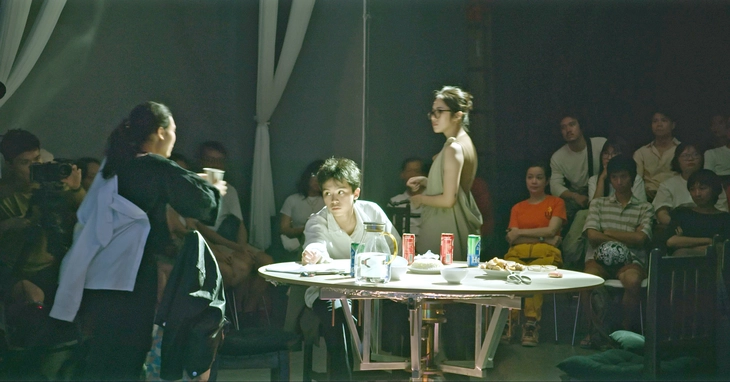
A scene of a play within a play, when the characters practice Cao Ngu's Thunder Dance - Photo: BTC
And while waiting, they talked, practiced, ate, practiced, fell into dreamland.
Stuck in the "now"
Actors rehearsing Cao Yu's play Thunderstorm . Thunderstorm tells the story of a family trapped in their own accumulated karma. The complexity of Thunderstorm contrasts with their lives. Yet they remain trapped.
Living in a much better era than that of Chu Binh, Phan Y or Thi Phuong, they are still stuck in a different way. Less tragic but sometimes even harder to escape. At least Cao Ngu's characters are tragic enough to die.
But the young actors' stuckness wasn't enough of a big conflict to make them do anything different. Stuck in the rehearsal room, where it seemed like every time they looked at the clock it was still 9 o'clock.
Stuck in the “now,” the “now” that they realize will still be the same even in a million years. Stuck in the dichotomy of urban life: office life, school life versus the dramatic arts. Stuck between reality and dreams. Stuck between self and role.
In Act One, during a discussion about the meaning of the script, an actor asks his co-stars if there must be meaning in order to act, why do they have to demand meaning before they can play their roles? Then the actors rehearse together without any direction from the director, without any explanation from the director. They rehearse in the absence of a conductor.
They seem to find the stage as another world, but that other world still repeats the pattern of the real world: a place where we live without anyone telling us what to do, where we are forced to do everything without being able to question its meaning, where the Supreme Being who orchestrated the great drama is often absent. We are left to wonder who we will become, how we will become, and whether we will ever truly become.
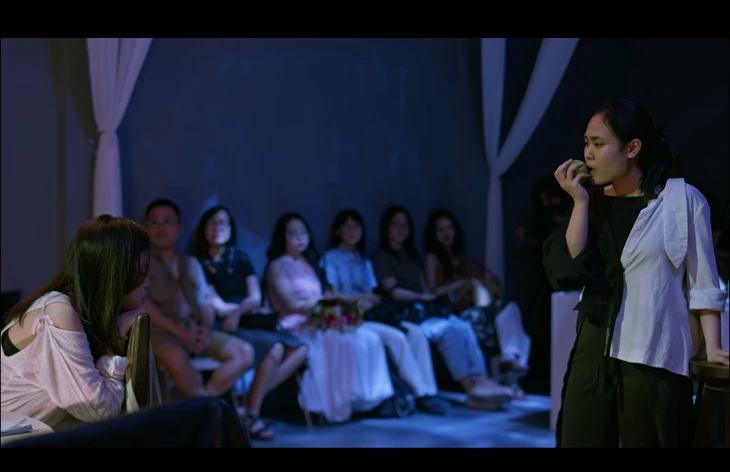
The play was inspired by the acting lessons of young actors just starting out.
Lots of questions
Two hours of just dialogue between actors. Nothing really happens.
But the sense of transition continues thanks to the director's experimental staging techniques: the white curtains hanging down in the first half of Act 2 make the stage seem to retreat into a hazy dream; the use of two different actors for the same role - breaking the unity of the seemingly fixed ego, which is the nature of acting; the application of the "Verfremdungseffekt" effect proposed by Brecht to prevent the audience from sinking into the illusion of emotions on stage, so that they are constantly moved between drama and life as if there were a shortcut between them, so that they realize this is a play, a pure play...
Why are we here - the title is a question. And the play itself is a question, many questions: about time, about what we can do to fill it, about what anchors this existence.
In the small room where the rehearsal takes place, the actors experience all the phases of life: love and separation, waking and dreaming, coming and going, even life and death. The small room, limited within its own borders, suddenly expands to a very large size; and conversely, the very large life outside that we are living in, suddenly becomes as narrow as a room.
One by one, the actors left the director's house, left the rehearsal, and went back into life; then the audience left the stage and returned to the outside world.
But are we really out? Or are we just moving from one small room to another, from one role to another, from one struggle to another? Why are we here? But why not?
The play Why Are We Here by director and screenwriter Duy Vu born in 1995 and actors at Thang Long Film Factory, the second work in the series of Tan Hau Truong plays by Manzi, XplusX Studio and Goethe Institute to support new, independent faces in contemporary theater in Vietnam, can remind us of many great works.
Samuel Beckett's Waiting for Godot is a given. Harold Pinter's The Dumb Waiter , too, with its story of two assassins waiting in a room for their assigned mission.
Source: https://tuoitre.vn/tai-sao-chung-ta-lai-o-day-kich-cua-nhung-cau-hoi-20250504091750769.htm






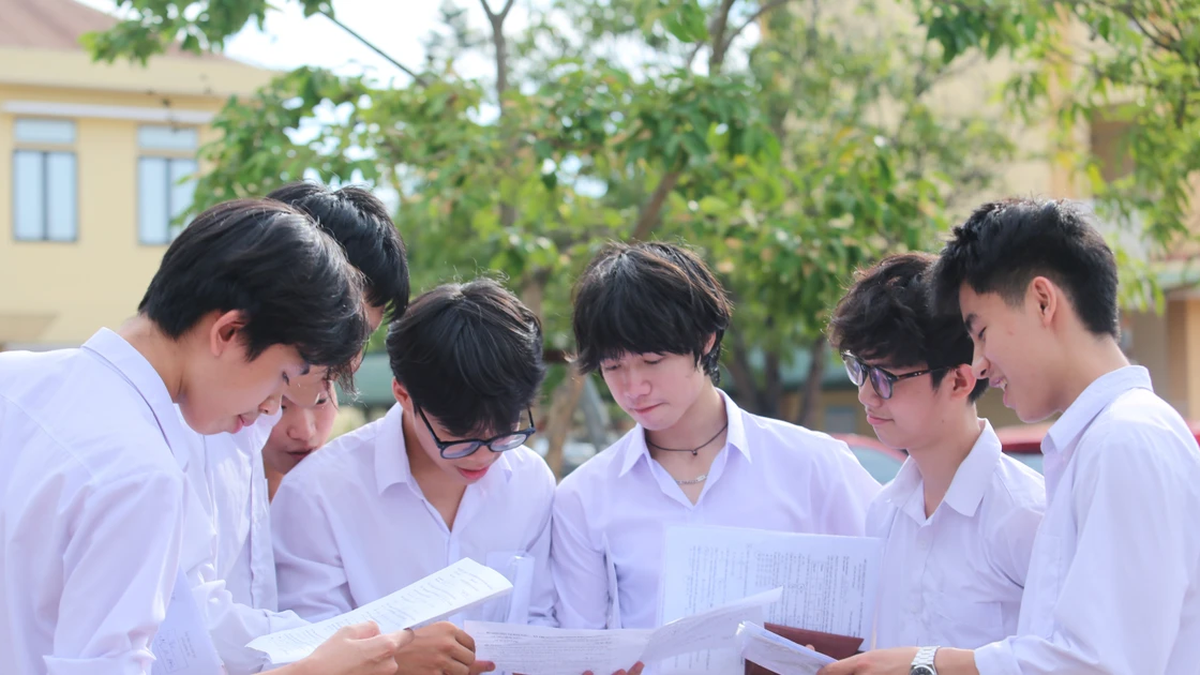

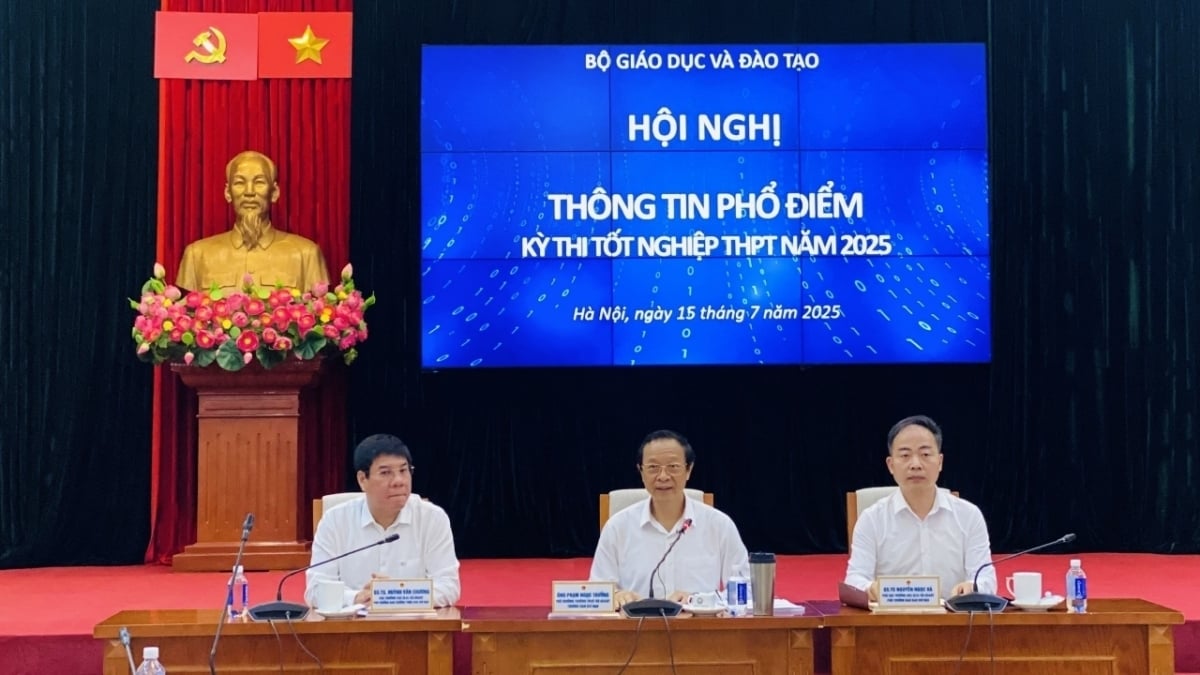



























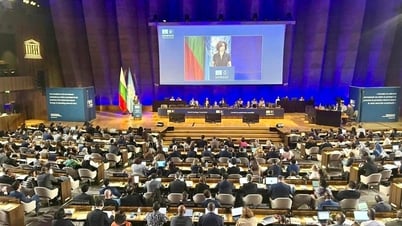




























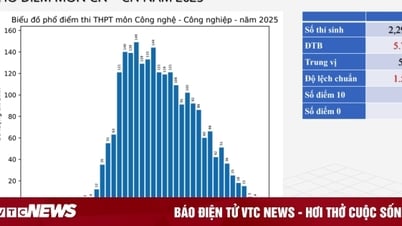



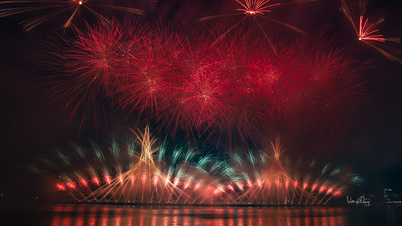


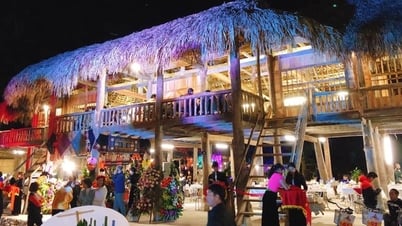

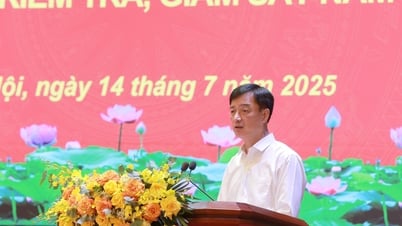























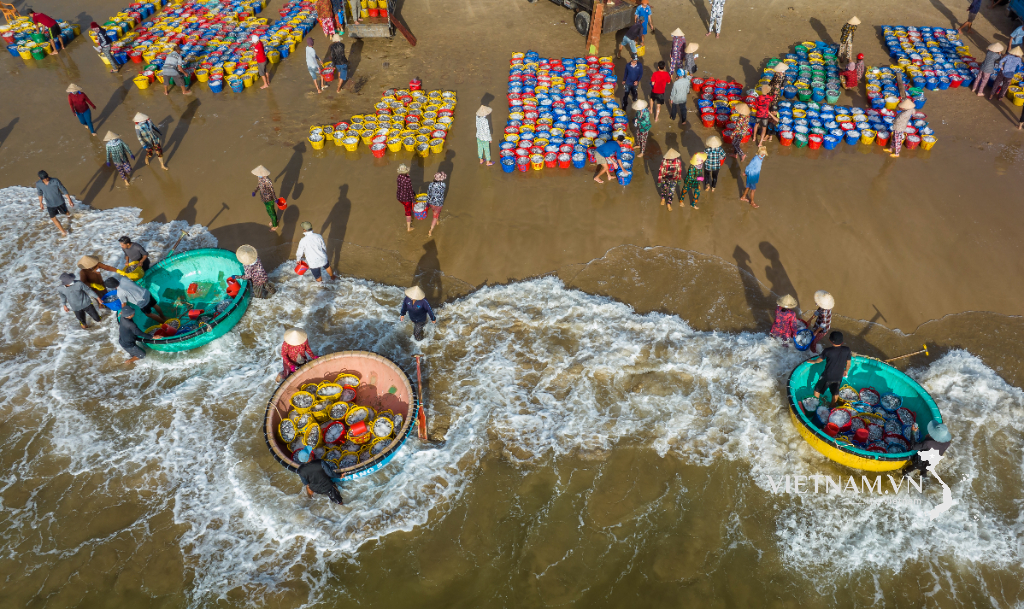
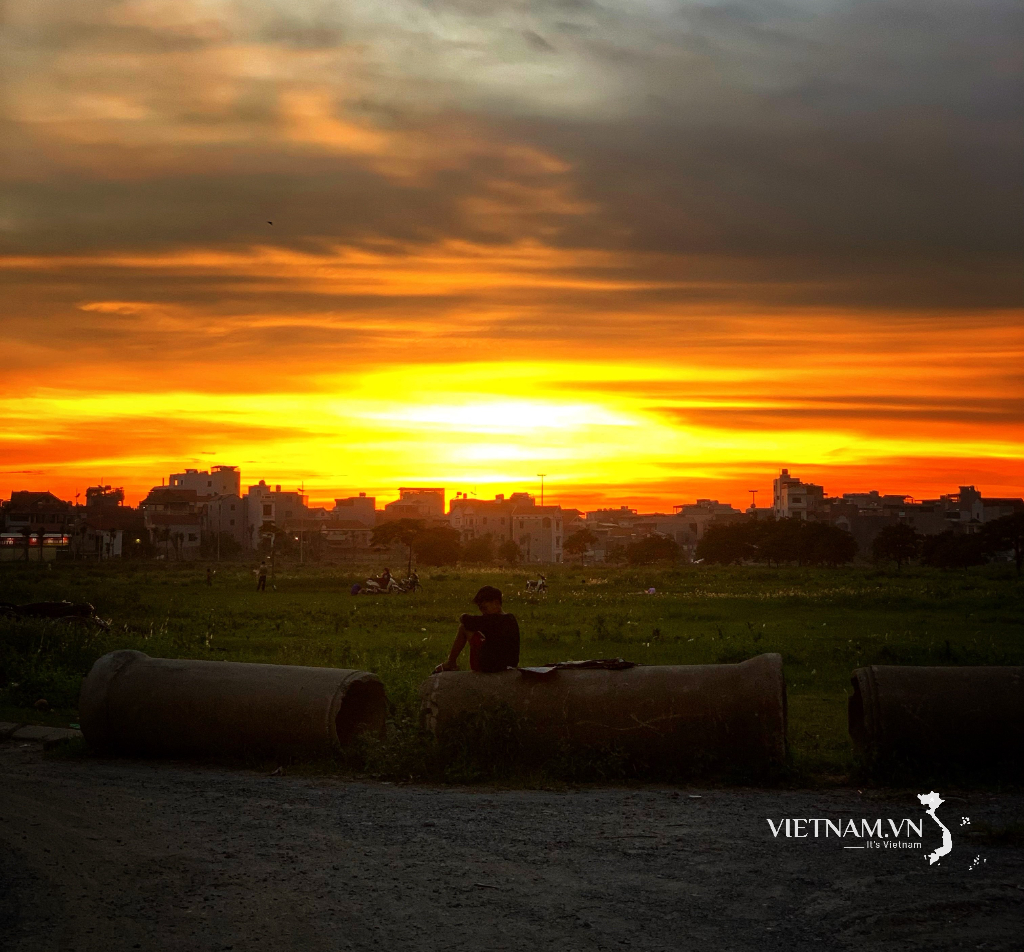


Comment (0)